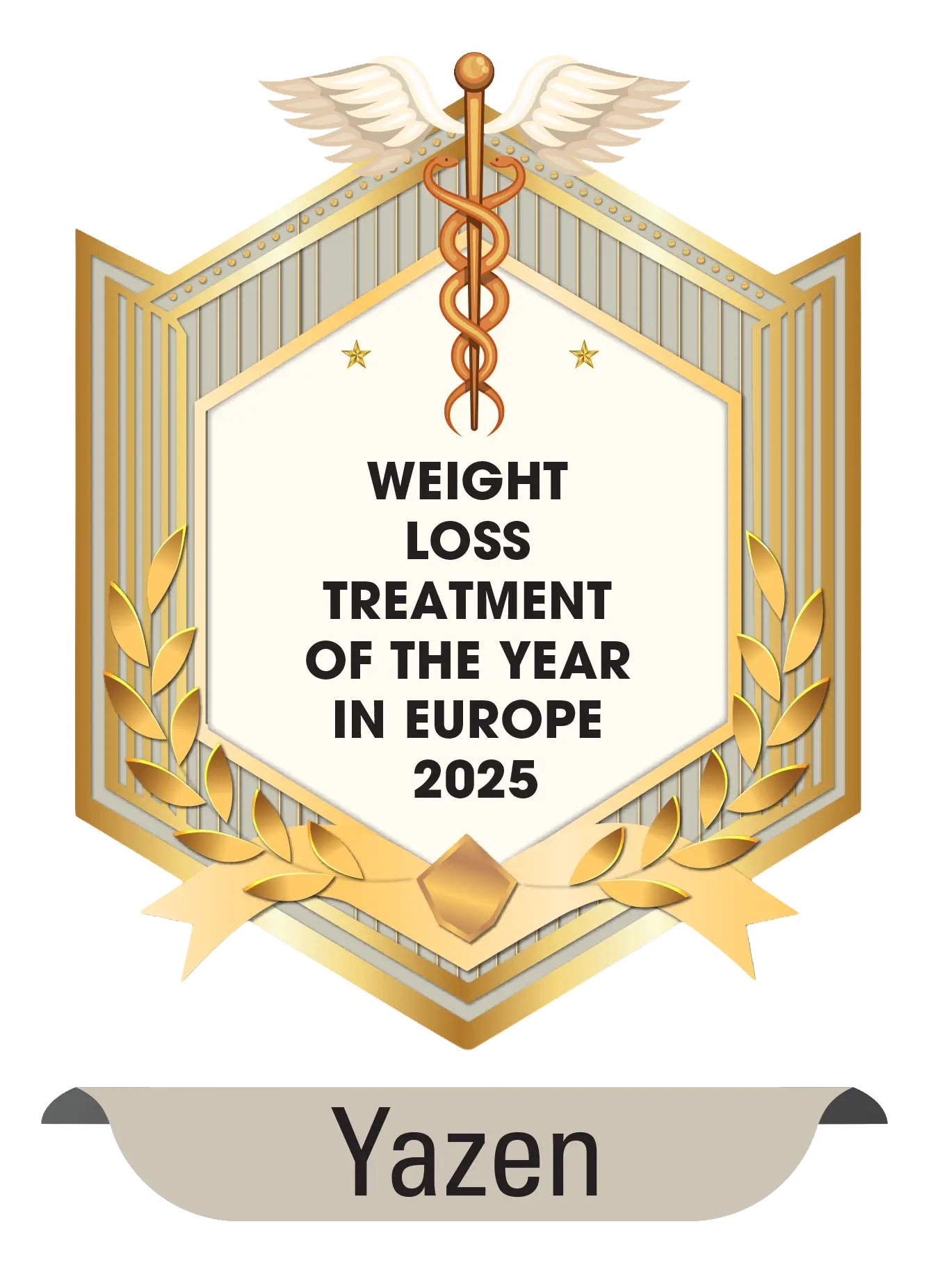Understanding the Symptoms of Hypothyroidism
Hypothyroidism, or an underactive thyroid, is a condition where the thyroid gland doesn't produce enough thyroid hormones. These hormones are essential for regulating metabolism, and when levels are too low, a wide range of symptoms can develop. Common signs include fatigue, weight gain, cold intolerance, low mood, and muscle weakness. Women may also experience menstrual irregularities and fertility issues.
Because these symptoms often develop gradually or overlap with other conditions, they can be difficult to identify. Early diagnosis and treatment are key to improving overall health and quality of life.

Why Weight Loss Can Be Challenging With Hypothyroidism
An underactive thyroid slows down metabolism, which makes it harder for the body to burn energy efficiently. Even with a healthy diet and regular physical activity, weight loss can feel unusually difficult and progress may be slow.
For many women, this can be deeply frustrating. That’s why it’s important to approach weight loss with both patience and the right support. Adjusting thyroid medication, working with healthcare professionals, and following a plan tailored to your specific needs can all make a real difference.

PCOS-test
How do you know if you have Polycystic Ovary Syndrome (PCOS)?
Take this test to see if you have symptoms of PCOS that should be evaluated and, if necessary, treated.
All of the options must be filled in.
One of the values is not a correct number.
Understanding Weight Gain in Thyroid Conditions
Weight gain is a common feature of hypothyroidism, often resulting from both a reduced metabolic rate and increased fluid retention. Fatigue and low energy can also reduce physical activity levels, creating a cycle that’s hard to break.
Addressing this weight gain requires a dual approach: managing the underlying thyroid condition and introducing lifestyle changes that support your body’s needs. A balanced diet, regular movement, and good sleep hygiene can all contribute to more stable energy and gradual weight loss.

Strategies for Losing Weight With Hypothyroidism
Losing weight with hypothyroidism is possible – it just requires a thoughtful, multi-faceted approach. Ensuring your thyroid hormone levels are optimally treated is the foundation. From there, adopting a nutrient-rich diet high in fibre, lean proteins, and healthy fats can help support metabolic health.
Regular physical activity, including both cardiovascular and strength training exercises, can help boost energy levels and improve metabolism over time. Stress-reducing practices like yoga, meditation, or simply slowing down can also support both your thyroid and your overall wellbeing.
Structured weight loss programmes that combine medical guidance with lifestyle coaching can be especially helpful – offering tailored support that takes into account the unique challenges of hypothyroidism.

Moving Forward With Confidence
Hypothyroidism can affect many areas of life, including weight, mood, and energy – but it doesn’t have to define them. With the right knowledge, support, and a personalised plan, it’s possible to feel more energised, improve your health, and make progress towards your weight goals.
Taking control of hypothyroidism starts with understanding your body and giving it the support it needs – step by step, with compassion and clarity.

This is how you can start today

Sign up through our website
Answer a few questions within 2 minutes so we can better understand you and your goals. To submit your responses, securely log in using iDIN. This is a trusted online identification method that allows you to easily confirm your identity and age. Want to learn more about iDIN? Click here for more information.
Download the Yazen app
Continue your journey in our app. Download the Yazen app from the App Store or Google Play, and log in to get started right away.
Complete your health profile
Together with your YazenCoach, you'll answer a few more questions in the app to complete your profile.
Plan your blood test
To determine if you’re eligible for the treatment, we conduct a comprehensive blood test. We partner with Labplusarts, the leading provider of blood tests. You can easily request a blood test through their website, and you'll always find a location nearby.
*If the test results indicate that the treatment is unsuitable, you’ll receive a refund for the blood test cost (€119).
Discuss your treatment plan
If the blood test results show that the treatment is suitable for you, you’ll meet your doctor. Together, you’ll create a personalised treatment plan tailored to your needs.
Your journey can begin!
If you’re satisfied with the treatment plan, the costs, the medication, and the expected results, we can get started.

















